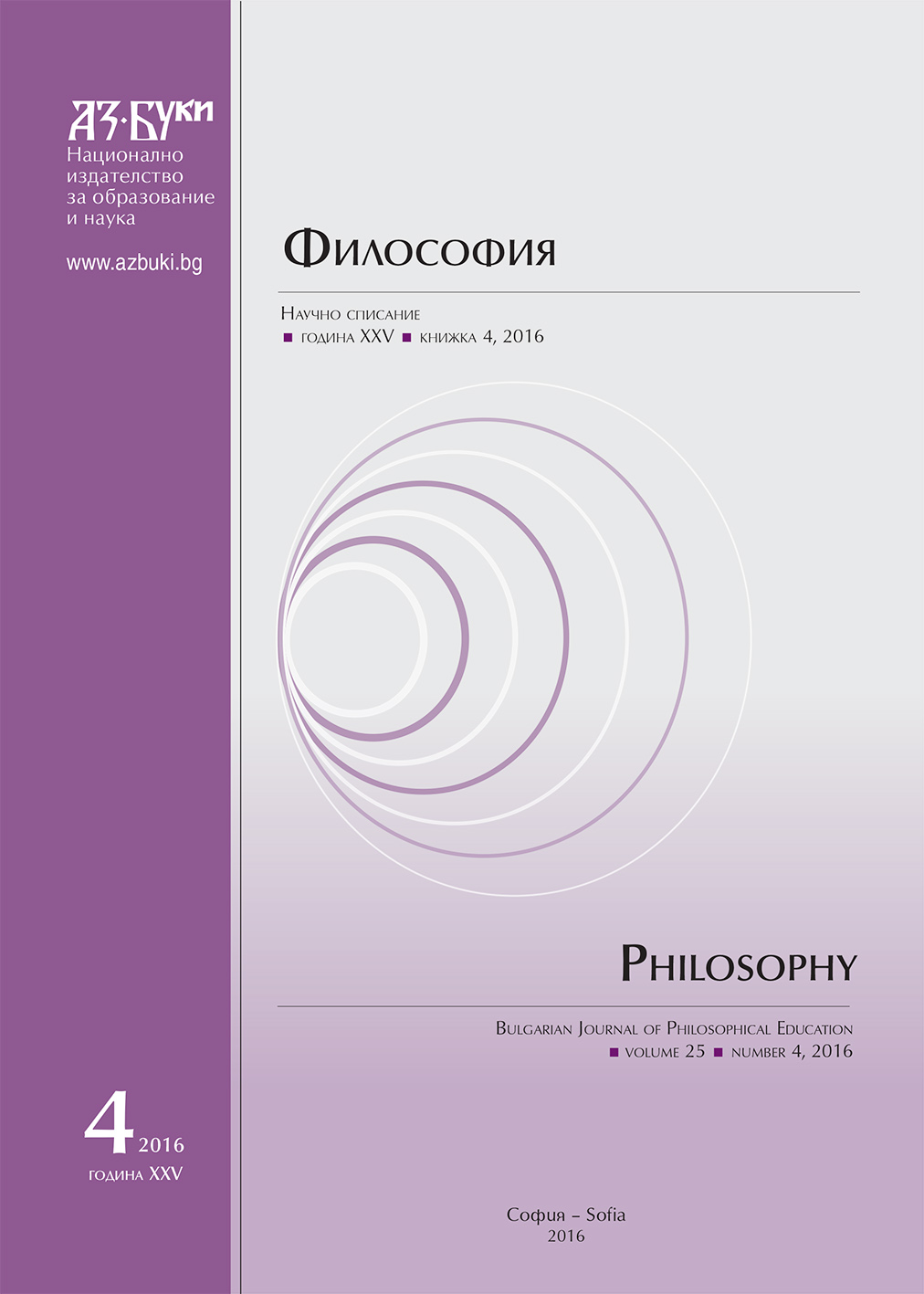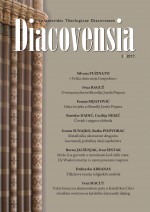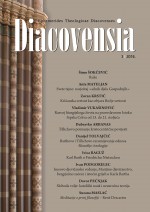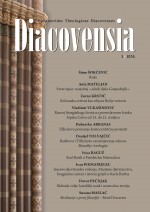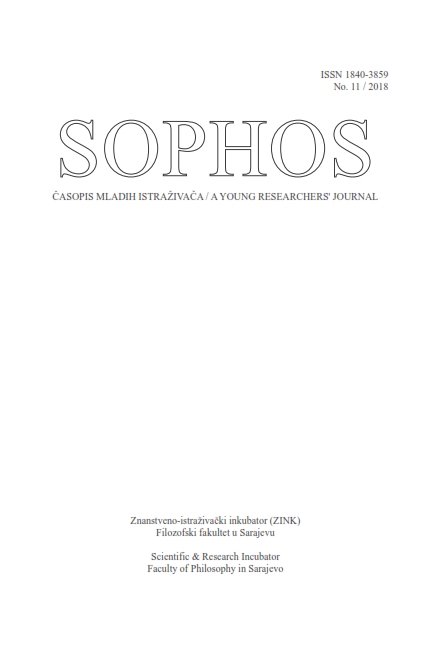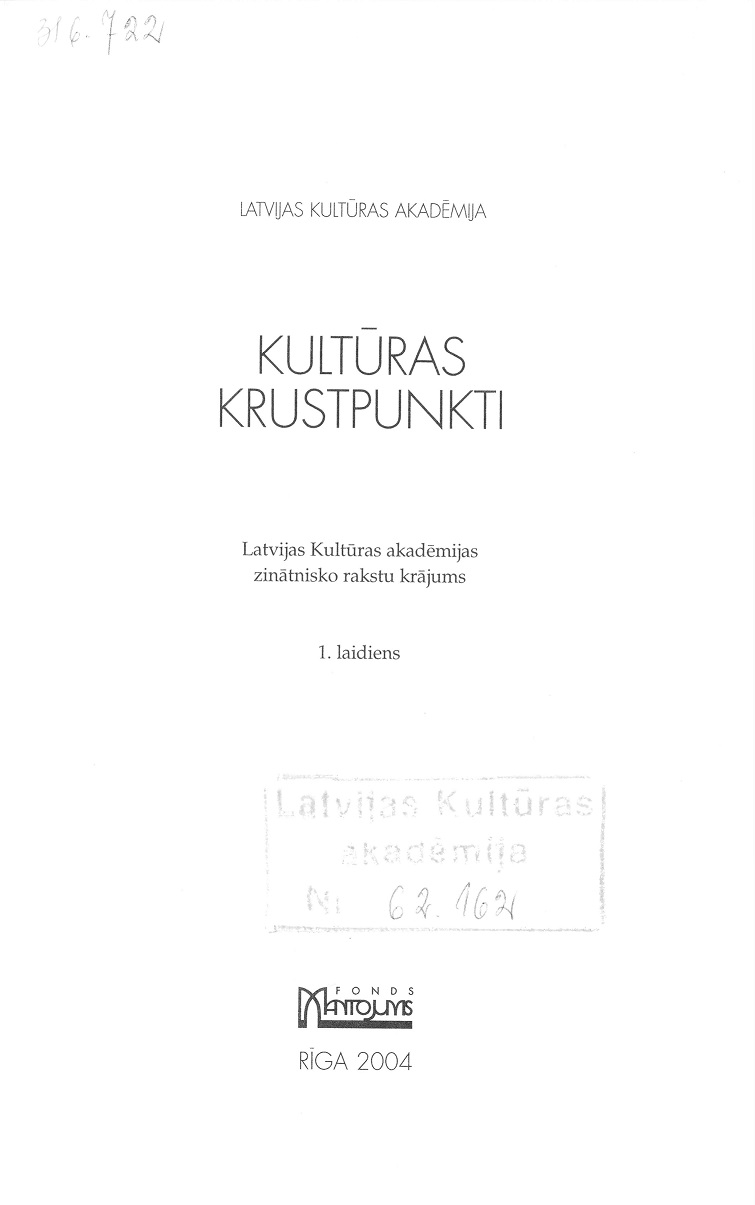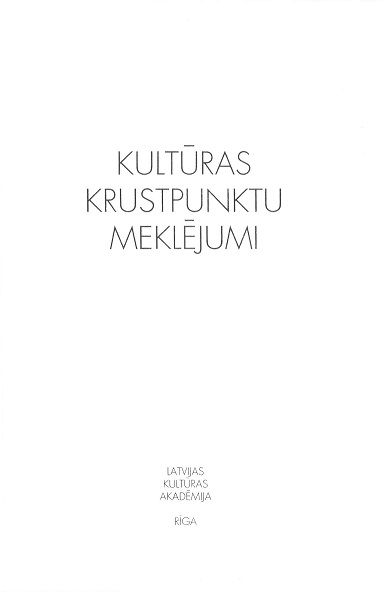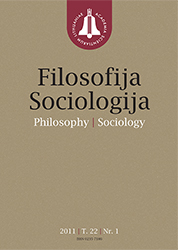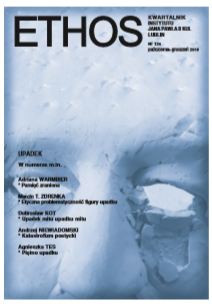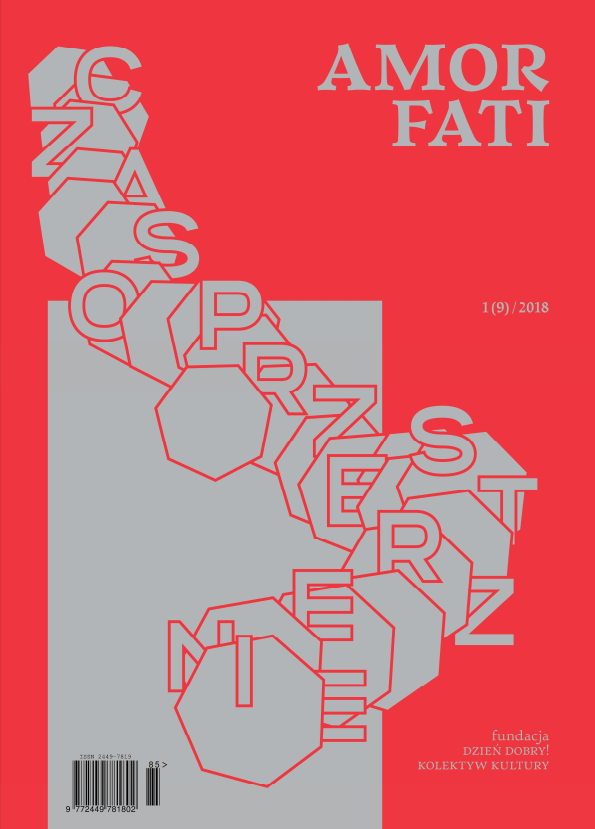
Pojmowanie czasu i jego struktura w kulturach wielkiego stepu na przykładzie Mongołów w XIII wieku
Article relates to the perception of time by the nomadic peoples of the Great Steppe on the example of the Mongols. The basis are sources originated in the 13th century, mainly descriptions of Europeans’ trips to the Far East. Chronological studies show, that Mongols had undoubtedly periodical conception of time. I consider, whether the time was important for nomadic tribes.
More...
